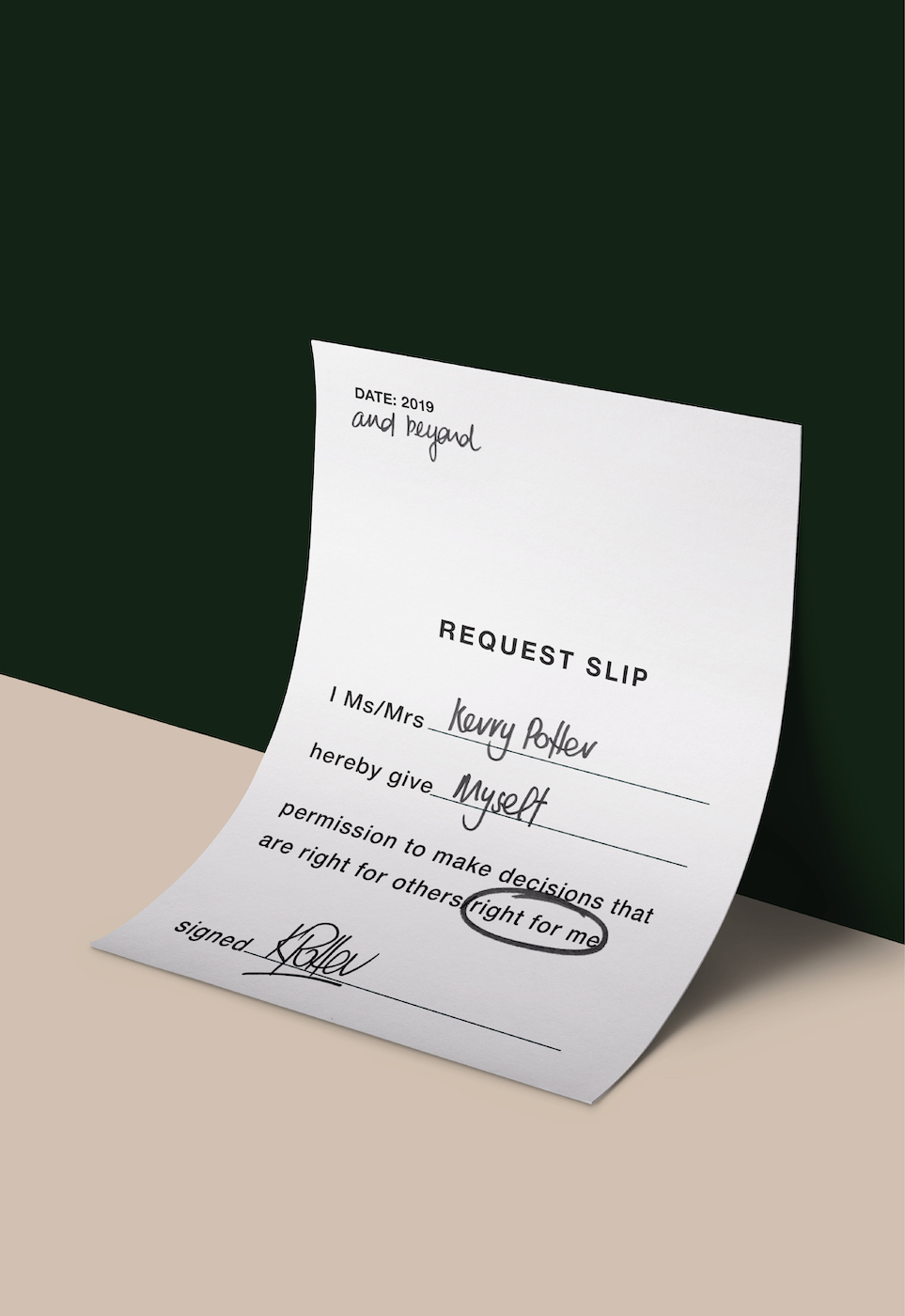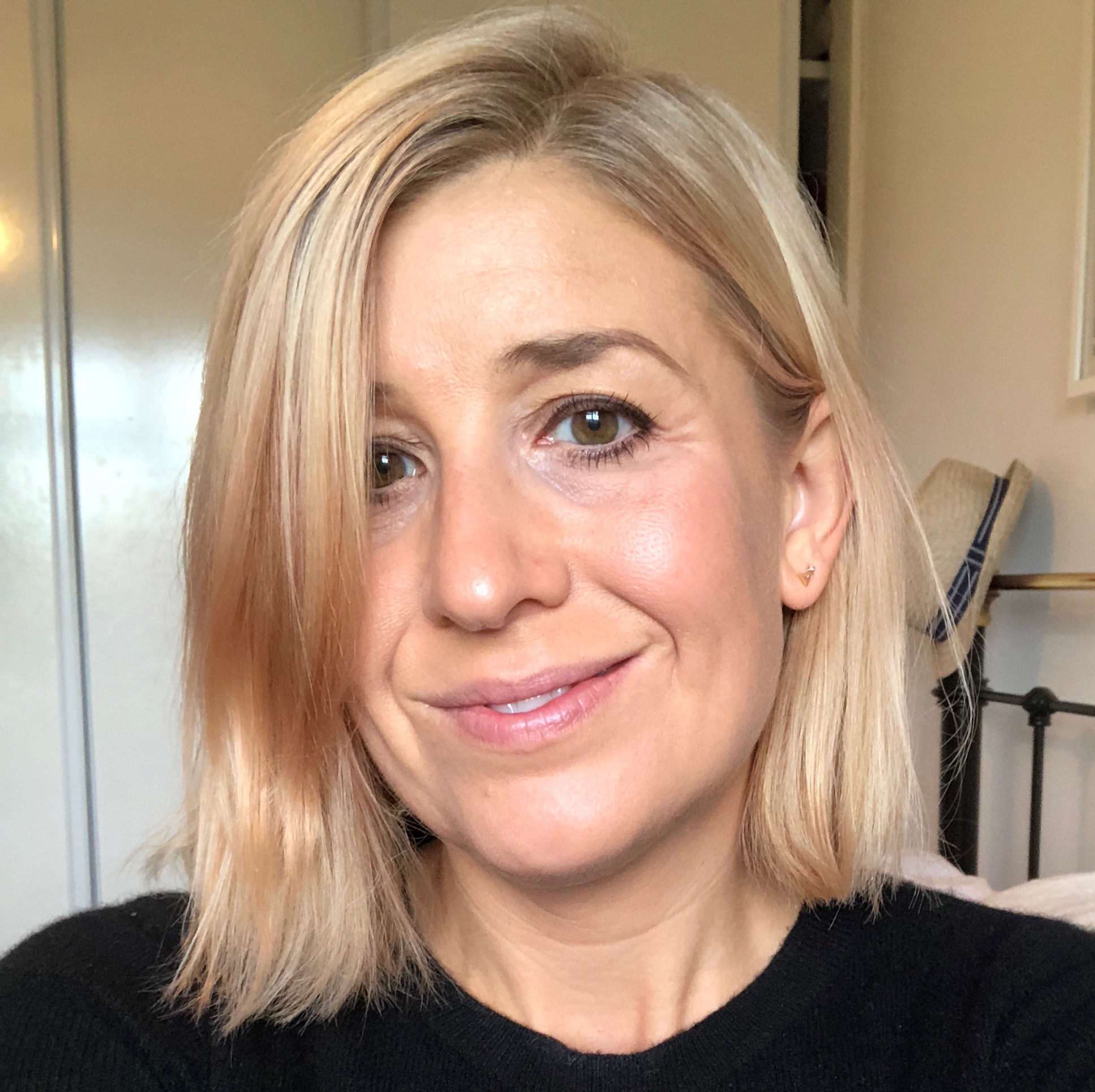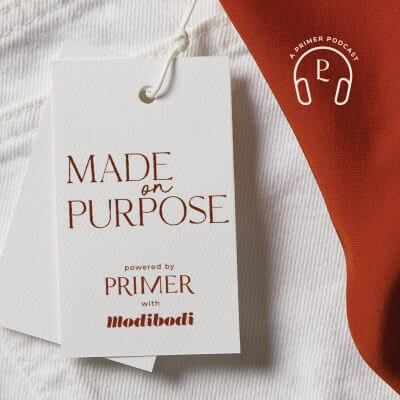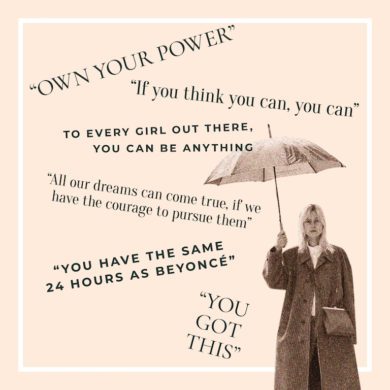I have a lot of faults but indecision is not one of them. Whether the choice is inconsequential or life-defining, I’ll have an answer for you straightaway. Within 10 seconds of scanning a menu I’ve chosen my entree, main course and dessert (possibly greed is a factor here); I picked my babysitter, who’d go on to look after my children for the next five years, within five minutes of meeting her. When you know, you know, right? But the only time I’ve found myself pontificating was when it came to re-shaping my career after the birth of my youngest child.
My poor, poor friends – the workshops, summits, conferences and meetings I’d trick them into attending under the guise of catching up. I’d ambush them over coffee, quizzing them about their work plans and ambitions while seeking advice on my own schemes.
Should I look for a four-day-a-week job? Ask for a nine-day fortnight? Freelance two days a week? Set up my own business? Change careers entirely? Write a book while my babies napped? And on it went until my friends escaped home for a much-needed nap of their own.
The only time I’ve found myself pontificating was when it came to re-shaping my career
On reflection, it was all a ruse, even though I wasn’t conscious of it at the time. What I actually wanted to do, was always going to do, and did end up doing, was return to work full-time. This was for two simple reasons: 1) I love my job and 2) we need the money. But first came this relentless, out-of-character dithering, this odd opinion-canvassing and approval-seeking process, when really the only person I needed to seek permission from was myself.
In her new book Be Brave Not Perfect, Reshma Saujani grapples with this issue of giving ourselves permission to do what works for us. The New York-based author – founder of global non-profit Girls Who Code – urges women to be brave in carving out the life they want.
But it’s no Lean In – while Facebook COO Sheryl Sandberg’s leadership book famously encouraged women to accelerate full throttle into their careers, Reshma takes a more nuanced approach. “The boldest choice is to do what’s right for you,” she told me recently. “And that might be having the courage to say no or to take your time. We shouldn’t be judged for that. Mine isn’t a book about how to get a raise. It’s about how to lead a more joyful life.”
There’s a lot of talk right now about seeking out that joy by practising self-care, but I wonder if that’s a red herring for women. Booking a facial or sipping champagne in a hot bath are acts that make us feel like we’re living our best lives but really the effects are fleeting. They’re short-term fixes, beguiling distractions, a sticking plaster for deeper wounds. We’re better served by giving ourselves permission to build the life we truly desire rather than permission to drop $80 in Diptyque. We need to focus on self-care of a more fundamental, long-term nature.
As women, we believe it’s good to talk and of course that’s true. We share our problems, our hopes, our ambitions, and we don’t bottle things up like some men do. Wine is often involved. But is it always good to talk endlessly? To relentlessly workshop our plans, canvass opinions, make decisions by committee?
Hilda Burke, psychotherapist and author of The Phone Addiction Workbook, believes that sometimes we need to just take action rather than deliberate: “Erica Jong said, ‘Advice is what we ask for when we already know the answer but wish we didn’t’. What we’re actually doing is getting other women’s buy-in before we do things,” she says. “We generally know deep down what the right course of action is but often we’re stalling because it’s an uncomfortable choice.’”
The boldest choice is to do what’s right for you – that might be the courage to say no
Instead of seeking tacit approval from our peers, we should stay focused on ourselves. And that’s not always easy – one of the reasons it’s hard to unpick what we actually want is that it might not be the same as everyone else around us.
In the small town where I live being a full-time working mum is not really A Thing. I’m now 10 years into motherhood and have long parked any residual guilt about not being at every drop-off and not baking cakes for the school fete. But catch me at the end of a day of meetings, when I clock 8,000 WhatsApp messages about playdates that we can’t attend, and I do waver as to whether I’m on the right track. Are people judging me? Maybe. But maybe they’re too caught up wondering if everyone else is judging them for their choices? (I’m not, by the way, I literally don’t have space in my brain.)
“It’s important to know really clearly in your head what you want your life to look like,” says Annie Ridout, author of work manual, The Freelance Mum, which she wrote in response to the huge growth of this demographic. “Visualize how you want your life to look and then write it down. Drill down into the work element – be really clear about the one thing that’s central. Once you’re really clear on your priority, start saying it out loud, start telling everyone and you find that opportunities start to come your way.”
Visualise how you want your life to look and then write it down
Signalling to the world that you’re putting your own interests first is, however, challenging. In her compelling Granta magazine essay on envy, writer Kathryn Chetkovich recalls first meeting novelist Jonathan Franzen, the man who’d become her partner. He’s had two novels published and she’s had none. She’s suffering a crisis of confidence and is distracted by her father being ill. Franzen encourages her with the words, “You have do your work. That’s your first responsibility”. It sounds so simple, doesn’t it? Men tend to grapple less with putting their careers first, while women frequently feel divided loyalties and struggle with competing responsibilities. It’s hard to fathom where your career or passion comes in life’s pecking order.
Putting yourself, and your fulfilment, first is often anathema to mothers. Isn’t the very point that your first thought must always be the small people – isn’t that literally your job description now? Well, that’s not the full picture. “The best thing a parent can do for their children is stay true to their own interests and passions over time,” says Hilda Burke. “Carl Jung famously said, ‘Nothing has a stronger influence on their children than the unlived life of the parent.’ If parents are unfulfilled it can place a huge burden on the kids.”
Of course, your version of fulfilment might be not working at all or spending your free time bungee jumping, but the point remains: if you’re happy, it’s more likely that those around you will be, too.
“The biggest challenge for most people is to not compare, to not check their own formula against others’,” says Hilda. “When we’re feeling less secure, we think, ‘Maybe I should be following their path,’ but it’s important to remember we all get fulfilment in very different ways.” And it’s up to you – and you only – to grant yourself permission to seek it. That way your friends won’t have to pretend to be dead next time you suggest a catch-up over coffee.













1 Comment